‘Bears Make History’ Tour UPenn’s Digital Research Services
Bears Make History students traveled to The University of Pennsylvania to view digital archives before pursuing their own digital projects on Ursinus’ history.
Recently, a group of students from Ursinus’ first digital history course took a trip to the University of Pennsylvania’s Kislak Center for Special Collections, Rare Books, & Manuscripts. The IDS 110B course, Bears Make History, is co-designed and co-taught by English professor Dr. McShane and History professor Dr. Throop as part of the U-Imagine Center’s IMPACT curriculum. The purpose of the course is to encouraging students to shape the history of Ursinus College through digital media. Their trip to UPenn gave the ten students an inside look at current work being done in the digital humanities. They got to meet with the Curator of UPenn’s Digital Research Services, Dot Porter, and view several physical manuscripts.
The tour of UPenn’s exhibit inspired the students’ own digitization efforts and physical archive work. As part of the class, the students are blogging to reflect on how the course’s content relates to their personal interests and research. Through UPenn’s Open Access policy, Lauren Geiger shares some images of medieval manuscripts in the museum’s collection and explains how they relate to her own independent research on medieval literary studies and ecocriticism. Meanwhile, Shelby Bryant saw more connections to her museum studies course regarding the ways in which an exhibit’s physical format may facilitate or inhibit open access. Rachel Zane summarized what they learned about medieval book-making and how contemporary technology allowed them to project a larger image of a pocket-sized book and view its intricate details. Seeing the digital projects in person made Jon Kishpaugh question all the possibilities of digital humanities research to collect and share information as an Early Americanist. Jordan Ostrum described how archival research is also about composition of the texts, as well as the necessity of building networks to explore new topics with others. He sums up what he learned from the trip, concluding that “history is not simply a passive experience, but an active endeavor.”
Each of the students’ blog posts reveal important connections between their personal research interests and the developing field of digital humanities. The class undertook this trip to UPenn’s archives just in time before they enter the Ursinusiana Archives and begin their own public digital history projects.
